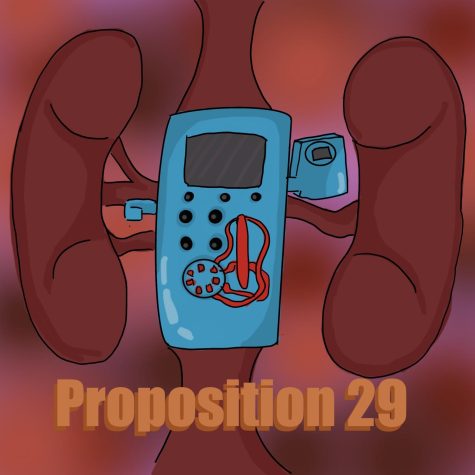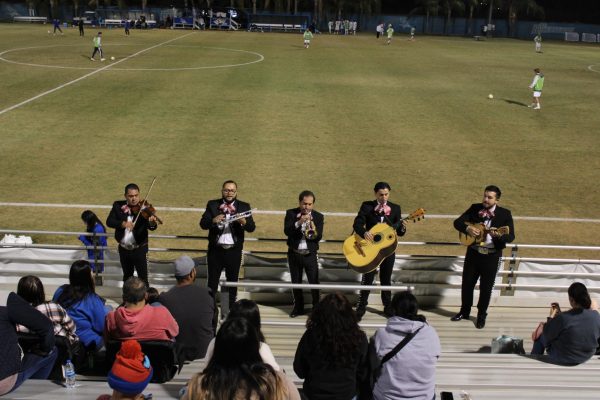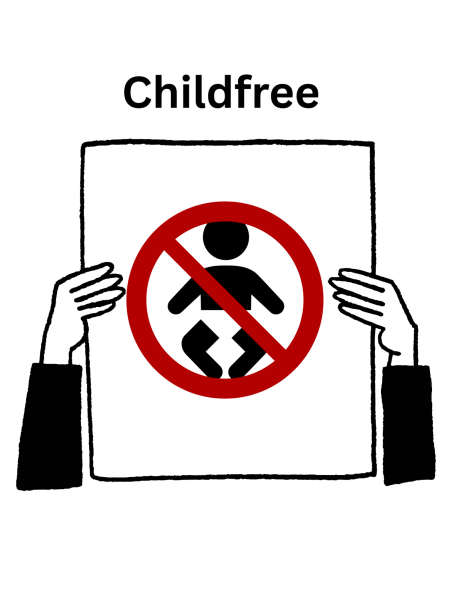Proposition 29 would propose new requirements for dialysis clinics in California
November 4, 2022

A new proposition on the ballot for the General Election on Nov. 8, 2022 would propose new staffing requirements, mandatory reporting requirements, ownership disclosures, and closing requirements for dialysis clinics in California.
“Kidney dialysis is a life-saving process in which blood is removed from a patient’s body, cleaned of toxins, and then returned to the patient. It must be done at least three times a week for several hours a session, and the patient must continue treatment for the rest of their life or until they can obtain a kidney transplant,” according to the ballot initiative “Protect the Lives of Dialysis Patients Act (2022)” by George M. Yin, Kaufman Legal Group, in Section 2 part 1A.
The article “California Proposition 29, Dialysis Clinic Requirements Initiative (2022),” on Ballotpedia states that Proposition 29 would require dialysis clinics to have at least one physician, nurse practitioner, or physician assistant to be present when patients receive treatment; require clinics to report dialysis-related infections to the California Department of Public Health (CDPH); require clinics to provide a list of physicians and people with 5% or more interest in the clinic; require clinics to get written consent from the CDPH before closing or reducing services, and prohibit clinics from discriminating against patients because of the patient’s form of payment.
Debra Wilson, nursing department chair and professor wrote in an email, “This bill, while it sounds good, doesn’t promise any improvement in patient care for dialysis patients. Things that would make a difference (staffing ratios, more frequent inspections, and minimum times between patients to allow more thorough cleaning) are not guaranteed or even addressed in this bill.”
There are nearly 80,000 people in California that undergo dialysis treatment. According to Section 2 part 3A., Yin states that two for-profit cooperations manage nearly three-quarters of dialysis clinics in California and treat more than 75% of patients in the state. These cooperations earn billions of dollars from their dialysis clinics, including $450 million a year in California.
Jairus Alora, a second-year human biology major said “I believe on the surface level, this proposition does sound good. However, knowing that the past dialysis propositions have not passed makes you wonder why they keep trying to propose this initiative.”
According to Section 2 part 7A., Yin states that dialysis treatment can have several dangerous side effects, and many California clinics have been cited for failing to maintain proper care. This can lead to hospitalizations and even death for dialysis patients.
Wilson wrote, “It [Proposition 29] does seem politically motivated by the unions. Renal failure is a huge problem in our state (really in our country), but I would love to see measures that improved access to care so that the preventable causes of renal failure (diabetes and hypertension) could be addressed.”
Proposition 29 will be on the ballot for voting in the General Election on Nov. 8, 2022. For more information on propositions on the ballot, visit https://ballotpedia.org .






